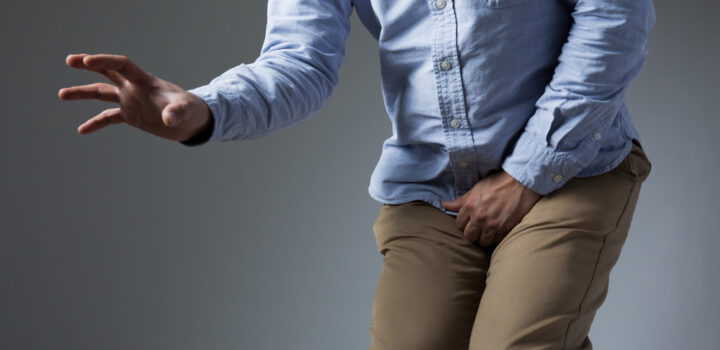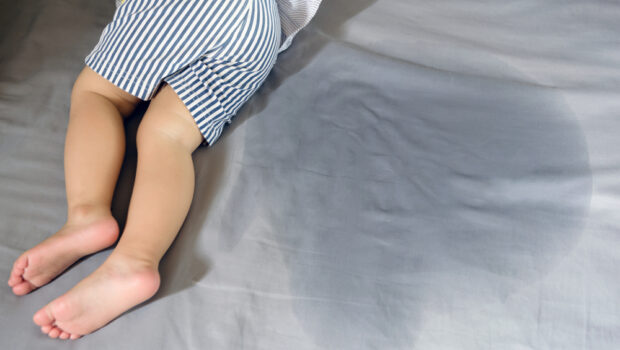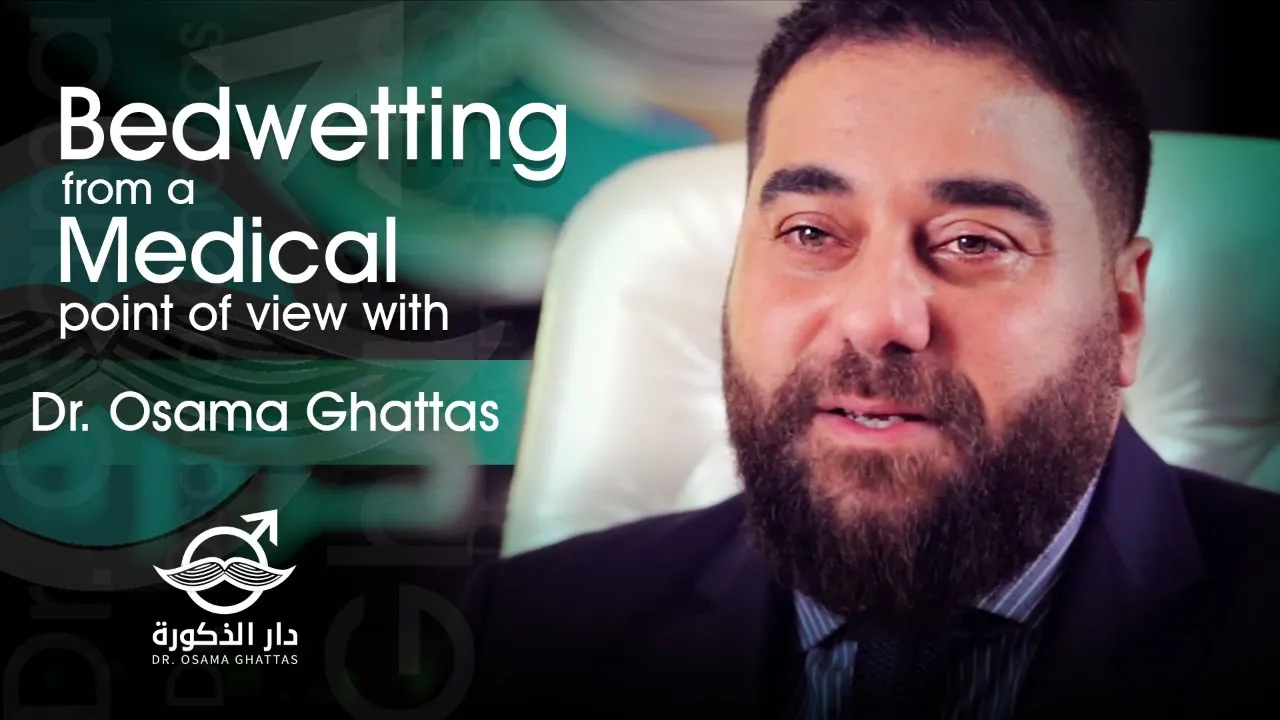Nocturnal Enuresis Treatment
nocturnal enuresis (bed wetting)
Though nocturnal enuresis is common in children, adults could still suffer from it, especially those who have urinary tract disorders. It could be embarrassing and irritating but it is treatable in many ways. What is nocturnal enuresis and what are its symptoms?
Causes of Nocturnal Enuresis?
There are causes and factors that lead to or exacerbate nocturnal enuresis:
Medical causes
- Urinary tract infection: the inflammation may cause difficulty in urine control as urination is accompanied by pain.
- Chronic constipation: prolonged constipation causes bladder muscle disorders. Nocturnal enuresis eases the evacuation of urine and feces.
- Diabetes mellitus: nocturnal Enuresis can be a presenting sign of diabetes.
- Urinary tract disorders.
- Genetic inheritance from one of the parents.
- Obstructive sleep apnea and snoring: in rare cases it leads to Nocturnal Enuresis.
- Kidney diseases: kidney diseases causes disturbance in ADH which leads to loss of the kidney’s ability to control urinary output.
- Overactive bladder: this causes increased pressure on the urinary bladder muscles and causes Nocturnal Enuresis.
- Some other diseases: Urinary bladder cancer, prostatic hyperplasia, CNS diseases and spine and spinal cord disorders
Psychological causes
Some psychological stresses may lead to Nocturnal Enuresis in children and adults
- Stresses like anxiety and nightmares.
- Stress related to relocation to a new home or new school.
- Loss of parents or loved ones.
- Divorce.
- Child abuse.
- Depression or addiction.

Nocturnal Enuresis diagnosis
- Before initiating treatments a physician seek appropriate diagnosis to determine what is causing the condition.
- History taking: medical history and family history.
- Investigating coexisting symptoms like frequent urination or urination discomfort (burning or pain sensation).
- Investigating psychological problems or stresses.
- A complete medical checkup
- Urine investigation for detection of infections or diabetes.
- Radiological investigations: X-ray or imaging of the bladder or kidneys.
Types of Nocturnal Enuresis
Primary Nocturnal Enuresis: the child has difficulty in controlling the bladder lading to bedwetting. This may be caused by maturational delay of the CNS part that controls the bladder
Secondary Nocturnal Enuresis: intermittent Nocturnal Enuresis. alternation between full control to loss of control of the bladder.It could result from infection, neurological disorders, fatigue or other health conditions
Diurnal enuresis: may be caused by overactive bladder
Nocturnal Enuresis treatment
Determining the cause is the most important aspect for making a treatment decision.Some pharmaceutical treatments may be prescribed to stop the condition and relax the bladder. But strong adherence to doses and time of administration are essential to decrease Side effects.
- Decrease fluid intake before sleep and moderation of intake during the day.
- Using alarms as urination reminders.
- Decrease in drinks containing caffeine, sugar or alcohol.
- Quitting smoking.
- Adherence to a healthy lifestyle, playing sports and maintaining an optimal weight.
If those treatments are not effective, Surgery is the next step:
- Bladder enlargement to increase tolerance to a higher urinary load
- Sacral nerve stimulation.
- Correction of Pelvic Organ Prolapse.
- Detrusor myectomy.
- The type of surgery is determined by the underlying cause and condition.
Nocturnal Enuresis in Children
Nocturnal Enuresis or bedwetting affects many children and even some teenagers. It is not considered a major health issue and is usually spontaneously subsides.It is an irritating condition for children and parents. It is more common in males than females and it presents with bladder evacuation during sleep on a daily basis It is considered normal till the age of five and seeking medical advice to determine the cause and start appropriate treatments is important
What can you do for the child?
There are some advices to help parents mange Nocturnal Enuresis:
- Decrease fluid intake before bed
- Avoid beverages containing caffeine
- Moderating fluid intake to offer sufficient water during the day and decrease fluids at night
- Advice the child to urinate at least every two hours and right before sleep
- Patience and seizing any punishment or reprimanding as they negatively affect the psychological health of the child
- Seeking medical advice as to if the child has ADHD
When to seek medical advice?
A physician must be consulted if the following apply:
- Nocturnal Enuresis after the age of 5
- The child complaints or shows signs of pain during urination or if the child exhibits unusual thirst
- Medical help is sought to decrease complications like:
- Inflammation or rash in the child’s lower body
- The child withdraws form social activities
- Feels or guilt or embarrassment

Nocturnal Enuresis symptoms in children
Nocturnal Enuresis symptoms after the age of 5 in children and they include:
- Loss of bladder control
- Pain during urination
- Unusual thirst
- Snoring during sleep
Dar Elzokora advantages in helping Nocturnal Enuresis treatment
After the visit, the patient undergoes many stages:
- Efficient and complete history taking and diagnosing chronic medical conditions
- All appropriate investigations are ordered to help make an accurate diagnosis
- Diagnosis and determining the appropriate management protocol
- Proper patient education regarding the use of medications and advice regarding management of the condition to help speed remedy
- Continuous consultation and follow ups till the condition resolves completely
Send A Message
Contact Us
Alexandria
Canary Tower – Gihan Circle – Gamal Abdel Nasser Street – Miami.
El Gehaz El Markazi Lelmohasbat building, 1st floor – Mohammed Fawzi Moaz street – Smouha.
Cairo
Fifth Settlement:
90th Street – CMC Mall – In front of Al-Nassam Hospital.
Sheikh Zayed:
Beverly Hills – Al Nada Clinics, Clinic No. 212, second floor – next to Al Nada Hospital.
Mansoura
Intersection of Banque Misr St. with the new railway under Al-Mawji Radiology.
